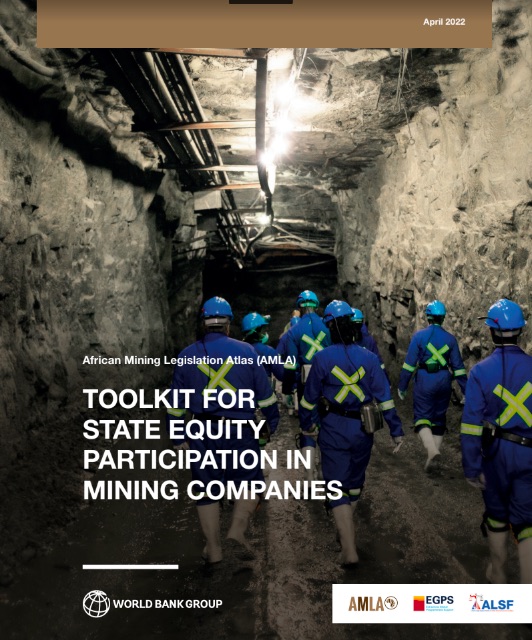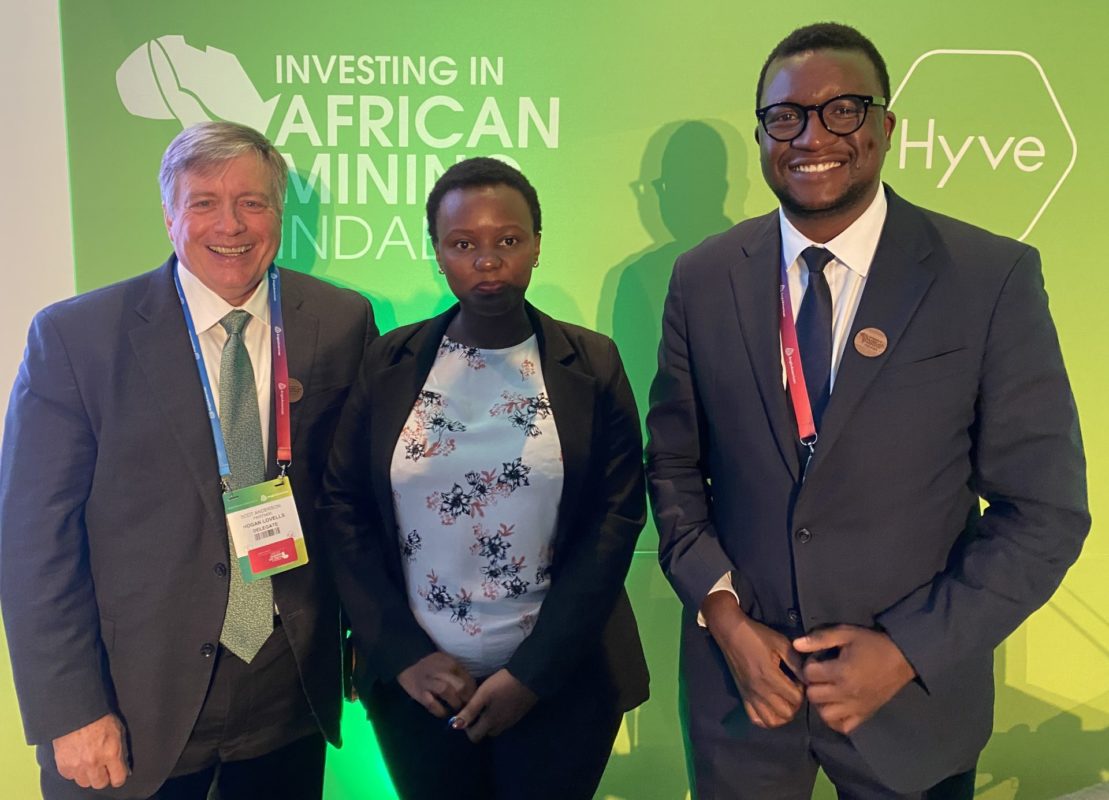By Scot Anderson, ISLP Volunteer and Hogan Lovells Partner

ISLP recently assisted the World Bank and the African Legal Support Facility (ALSF) in the development of a Toolkit for State Equity Participation in Mining Companies. This toolkit is an enhancement to the Guiding Template for mining laws that is part of the African Mining Legislative Atlas (AMLA). AMLA provides free online access to the mining laws of 53 African countries. In addition to compiling mining laws and regulations, AMLA provides users with a “Guiding Template” for mining laws. The Guiding Template, developed in 2017, sets out the key elements of a mining law, and provides examples of representative provisions from African mining laws.
When developing a legislative and regulatory framework for mineral development, a state will create a fiscal regime for mining. The fiscal regime is the collection of fees, royalties, taxes and similar payments made by the mining company to the government for the right to explore for and develop minerals. The majority of African states include governmental equity participation in mining ventures as a component of the state’s fiscal regime for mining. State equity participation in mining companies is one way through which States can boost fiscal revenue from mining operations, through receipt of dividends and capital gains). State equity participation also has non-fiscal benefits which include skills and technology transfer, improved oversight over companies and enhanced decision-making over strategic resources. State equity participation in mining projects can take a variety of forms. The state equity interest could be free or carried–that is, the state does not make an initial payment for its equity participation, but has that equity interest carried by the project developer, and the equity interest is paid for out of future mine profits. In other circumstances, the state or a state-owned mining company will have the right to purchase an equity interest in the mining project. Finally, the state may adopt a hybrid approach, with a carried equity interest coupled with the right to purchase additional equity.
The World Bank Group and ALSF developed the state equity participation toolkit to provide further guidance on the practical implementation of the Guiding Template’s provisions on state equity participation. The toolkit includes a comprehensive survey of the laws of each country related to state equity participation. Additionally, the toolkit reviews and discusses the key issues related to equity participation, including the effect of state equity participation on other elements of the fiscal regime, the rights and duties of the state or state-owned mining company as a shareholder or equity holder in a mining venture, and how to design and implement a corporate governance structure that reflects the dual role of the state as a regulator and an investor. The toolkit reviews best practices, but it is not prescriptive. Rather, it sets out the advantages and disadvantages of alternative approaches to equity participation. The toolkit also includes a checklist to allow governmental officials to identify and consider the key policy decisions arising from ownership of equity in a mining venture.
The core team leading the drafting of the toolkit was: (i) Rebecca Coffelt of Resource Capital Fund, (ii) Daye Kaba of McCarthy Tetrault, (iii) Loyola Rwabose Karobwa of the Uganda Ministry of Energy and Mineral Development, (iv) Avril Cole of Keystone Law, (v) Adam Lapidus of Hogan Lovells, and (vi) Scot Anderson of Hogan Lovells. The comprehensive compilation of the legislative and regulatory framework for state equity participation for every country in Africa was developed by a team of lawyers at Hogan Lovells: Julia Zenker, Mariana Amaral, Lindsay Dofelmier, Jeni Stallings, Natalie Cristo, Jack Shaked. The toolkit was finalized during a book sprint held at the offices of ENS Africa in Johannesburg, and profited substantially from the participants in the book sprint: Otsile Matlou, Ntsiki Adonisi-Kgame, Dalit Antsey, Rewaldo Quest and Njabulo Mchunu of ENS, Ronald Chari, Yinsongti Tindana and Nadia Bouajila of the World Bank, and Nnewuoghor Okhai-Akhigbe and Harurperi Mumbengegwiof ALSF. The toolkit was launched in May 2022 at the Mining Indaba conference in Cape Town, South Africa.

Scot Anderson with Loyola Rwabose Karobwa, Mining Lawyer of the Ugandan Ministry of Energy and Mineral Development, and Ronald Chari of the World Bank.
